In just 100 days, US President Donald Trump has put the world on the path of a fundamental realignment.
In Trump’s new world order in the making, friends are now foes, foes are friends, and the world is a real estate up for grabs — from Ukraine and Greenland to the Gaza Strip.
In the name of America First, Trump has unleashed a tariff war on the world; practically withdrawn from alliances that had been the bulwark of the US foreign policy since the end of the Second World War, e.g. for 80 years; threatened allies with invasions; called for annexations of sovereign lands across continents; and defied the rule of law at home.
Beyond rhetoric, Trump so far has little to show on his report card: his approval ratings are the lowest in seven decades for a US president, the United States is staring at a real risk of recession, the tariff rollout has been a mess, and the promise to end wars in Ukraine and Gaza has fallen flat.
Even though he calls it America First, Trump’s policies’ primary beneficiaries have been China and Russia.
ALSO READ: If history is any guide, Trump’s tariffs are recipe for recession
In Europe, Trump’s pivot to Russia has emboldened the nation and its longtime leader, Vladimir Putin, in his mission to restore Russian primacy in the continent. For China, Trump’s withdrawal from the world in the form of a shutdown of foreign aid programmes and proposed closure of regional bureaus and embassies has been a blessing.
If the United States leaves a theatre, such as Europe with the abandonment of Nato or Africa with the closure of embassies and suspension of foreign aid, China is going to enter that theatre and replace the United States as the primary power, said Prof Tej Pratap Singh, a scholar of international relations at the Department of Political Science, Banaras Hindu University (BHU).
Singh further said, “Power does not remain in vacuum. China has been making inroads in Africa for many years and the US withdrawal is set to increase that. India has been countering Chinese influence in the Global South but countering China needs joint efforts and, in the absence of US involvement, China is set to make good gains.”
Trump makes new friends — and abandons old friends
The highlight of Trump’s second term has been the pivot to Russia and antagonisation of allies that had stood with the United States for generations.
While Trump is laying groundwork to lift sanctions on Russia and seek a new trade and political alliance with the country, he has not just withdrawn from security commitments to allies but has also unleashed unprecedented economic and territorial aggression on them.
Trump has vowed to annex Canada and make it the 51st US state. He has also vowed to acquire Denmark’s autonomous territory Greenland, the world’s largest island, and has not ruled out invasion to achieve his goal.
On the election campaign trail, Trump said that he would encourage Russia to do “whatever the hell they want” with allies in Europe if they would not do his bidding. He seems to be walking the talk here.
When it came to tariffs, Trump spared Russia and its friends Belarus and North Korea. But he imposed some of the closest allies and partners with the highest tariffs: India and South Korea with 26 per cent tariffs, Japan with 24 per cent tariffs, Taiwan with 32 per cent tariffs, and the European Union (EU) with 20 per cent tariffs.
If left to Trump, Ukraine would be the first casualty in his alignment with Russia.
In the name of ending the war, Trump has spent months pressuring Ukraine to accept deals that would essentially mean a surrender to Russia. Even though he has wondered publicly whether Putin is dragging his feet in peace talks, he has done nothing so far to pressure Russia and all his pressure remains on Ukraine that ranges from personal attacks on President Volodymyr Zelenskyy and accepting Russian demands to accept the annexation of provinces and forget any security guarantees.
If Putin would have his way in Ukraine with the backing of Trump, Europe would face an existential crisis, said Jamie Metzl, a Senior Fellow at the Atlantic Council who previously served in the White House National Security Council.
Metzl said that Europe and Russia are going to be in a race once a ceasefire is reached.
“It’s going to be a race between Russia’s rearmament after wrapping the war in Ukraine and Europe’s rearmament and political will. It’s going to be very difficult for Europe. As European nations’ economies contract, defence spending would come at the cost of welfare programmes, which will lead to internal problems,” said Metzl.
ALSO READ: With recognition of Russian occupation, Trump’s ‘peace plan’ seeks Ukraine’s surrender
What’s at stake is the future of the Western world and Nato could be as good as dead.
Metzl told Firstpost, “If Putin gets anything resembling a victory in Ukraine, what he is going to do next is to needle a Nato member, such as Lithuania, and even if Russia goes just 50 feet inside Lithuania, the country is understandably going to invoke Article 5. If Nato fails to mobilise in Lithuania’s support, then the collective defence principle of Nato would be dead and Putin would have defeated Nato with just a minor incursion with perhaps a small contingent of ‘little green men’ that he used in Crimea.”
What Putin could also do is to needle a non-Nato European country. The most opportune case would be Moldova where a breakaway region, Transnistria, already hosts Russian troops and practically serves as a Russian colony — just like Crimea of Ukraine that Russia invaded and annexed in 2014. It can very well serve as a staging ground for an offensive in the coming years.
Under his inward-looking foreign policy, Trump may believe that what happens in Europe is not his problem. But he would be wrong. A strong Russia would mean a strong China as Russia and China are essentially part of an anti-Western bloc that also comprises North Korea and Iran.
For decades, the United States had dealt with these nations along with an overlapping network of partnerships and alliances, such as Nato. With the United States practically out of Nato and Europe, a crucial part of defence against the adversarial bloc stands eroded. That is advantage China-Russia bloc and disadvantage the United States.
Trump junks rules-based order, brings back age of empires
In the modern world, the United States helped establish a fundamental rule of the world order that a nation may not occupy another by force.
For decades, the United States stood against forceful expansionism, whether it was Iraqi dictator Saddam Hussein invading Kuwait, the conflict in the Balkans, or the Soviet Union’s expansionism into Europe.
Now, under Trump, the United States is undoing that rule. Instead, Trump is following the same path that the dictators of Germany, Iraq, or the Soviet Union once did.
Trump has committed the United States to annex Canada, Denmark’s Greenland, Panama Canal, and Gaza — forcefully if needed in some cases.
By offering de jure recognition to the Russian annexation of Crimea and de facto recognition of Russian occupation of four regions of Ukraine in the ongoing war, Trump has also essentially approved Putin’s aggression.
If the Russian invasion and occupation of Ukraine is acceptable to Trump, there is no way why the Chinese invasion and occupation of Taiwan would be any different to him. China has already started testing the waters by claiming the occupation of a disputed reef in the South China Sea.
ALSO READ: Is Trump weakening the US’ case against future invasion of Taiwan by China?
As things stand, Trump is junking the rules-based-order by dividing the world into spheres of influence and returning the world to the age of empires.
Prof Dominic Alessio, a scholar of imperialism and far-right at the Richmond American University at London, has previously told Firstpost that the way Trump has fulfilled Putin’s wish list with his actions in Ukraine, such as pressuring Zelenskyy to accept terms favourable to Russia, makes it appear like there is an understanding between the two.
“I don’t understand why President Trump appears to have given everything to President Putin on a plate, including apparently much of Ukraine’s land as well as suggestions that Ukraine will not be a member of Nato. What is the quid pro quo here? What keeps me awake at night now is the potential private understanding they have agreed to — that the United States in turn can take Greenland, Panama, and maybe even Canada, without Putin saying or doing anything critical. I pray this isn’t the case,” said Alessio.
Can Trump’s Russia pivot work?
Those in Trump’s orbit have dubbed the alignment with Russia as part of a broader pivot to the Indo-Pacific to address the challenge from China by reducing the involvement in Europe. But the approach is dead on arrival.
With such an approach, Trump is undermining longstanding relationships across continents that have been greatest strengths of the US-led world order, said Metzl, the geopolitical expert at the Atlantic Council and a former China specialist at White House.
The alignment with Russia in the hope of confronting China is not just misreading the fundamentals of the challenge that the United States faces from China, but is also sowing disunity in critical blocs in Europe and Asia that have long supported the United States in the competition with China.
Metzl said, “You are telling our partners and allies in Europe and Asia, including even India, that US security guarantees and assurances cannot be relied upon. The American backstop that has protected much of the world for the past eight decades now stands eroded.”
Trump wants to confront China alone but China is waging war on the West as part of the bloc with fellow members Russia, North Korea, and Iran.
The way the bloc functions is this: In each theatre, one member takes the lead and others support it. For example, Russia has taken the lead in Europe where it is being supported by China that’s keeping Russia economically afloat, Iran that provides weapons, and North Korea that provides both weapons and soldiers.
Metzl said that the United States was standing up to China and the bloc previously as well, but now Trump is going alone in the confrontation and has made the United States weaker as a result.
Metzl added that there is no rational justification for the pivot to Russia.
There is nothing that the United States can do with Russia that it cannot do with other allies, such as Canada or European partners, who have much stronger economies and more accessible natural resources and, more importantly, historically friendly ties with the United States, said Metzl.
“We can easily weave together Canadian natural resources, American innovation, and Mexican labour and we can —if we get it right— compete with China or anybody else. We have had a sphere of countries that can stand with us in the face of the Chinese threat and we can add more countries to that sphere. But that is not the path that President Trump has chosen. He has chosen to go into the fight alone by weakening the United States as well as the US allies,” said Metzl.
Those in Trump’s orbit have said that by withdrawing from security commitments in Europe and elsewhere, Trump is making countries step up their own security arrangements. But Metzl said that such an encouragement could be done without aligning with Russia or without practically withdrawing from alliances altogether.
Despite whatever Trump might say about Nato members being freeloaders, the fact is that 23 of 32 Nato members spend more than 2 per cent of their economy on defence and most of the hike in spending happened under former President Joe Biden — an internationalist and a champion of multilateral and multinational partnerships in confronting common challenges.
During 2021-25, the number of Nato countries spending more than 2 per cent on defence rose from nine to 21.
Metzl warned that instead of raising military spending, Trump could end up driving countries closer to China in a self-goal.
“In the absence of US security assurances, countries would need to remilitarise on an unprecedented scale. They would have to allocate funds to defence from other priority areas, such as social welfare or development programmes. That would make such spending unpopular and difficult. This is not just limited to Europe. Even India’s ability to stand up to China has been based on an understanding of US support in times of need. If such US support is not assured, then these countries would either have to scale up their own arrangements or seek an understanding with China that would come with concessions,” said Metzl.


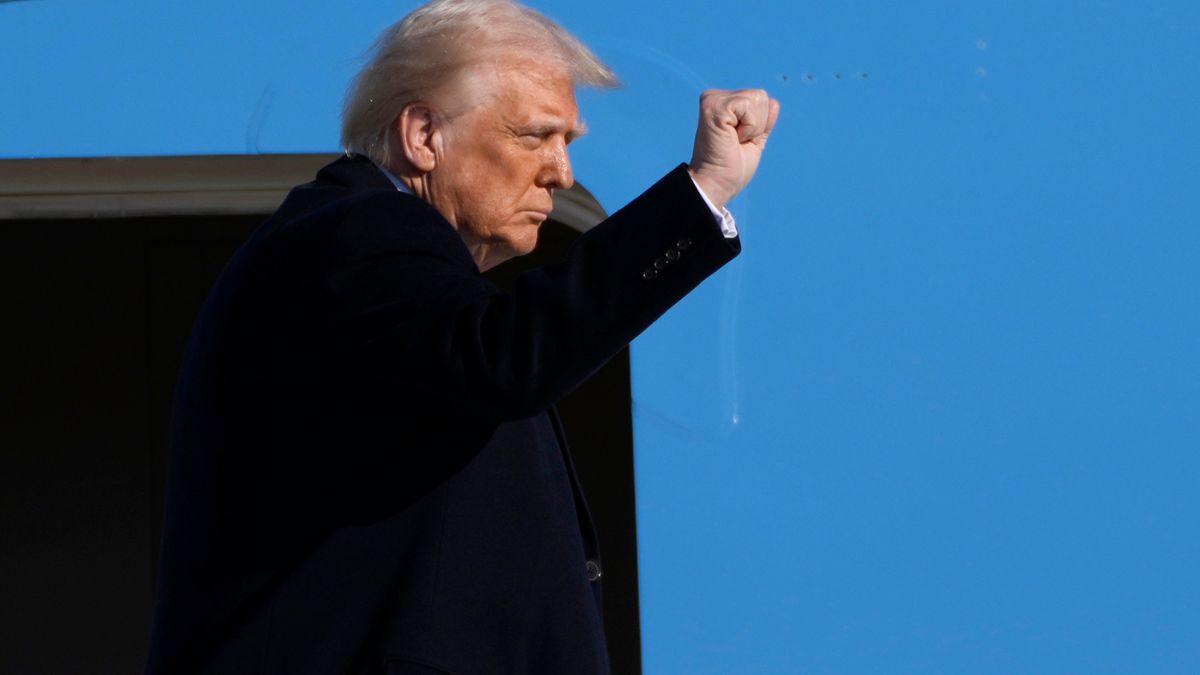)
)
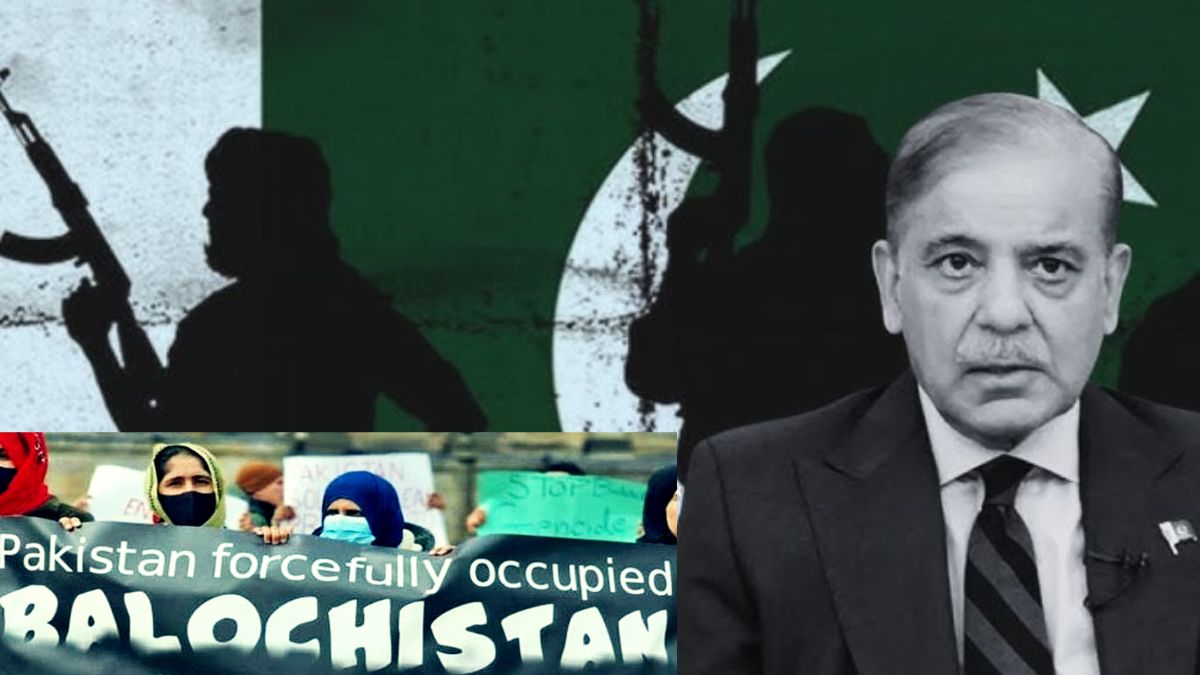)
)
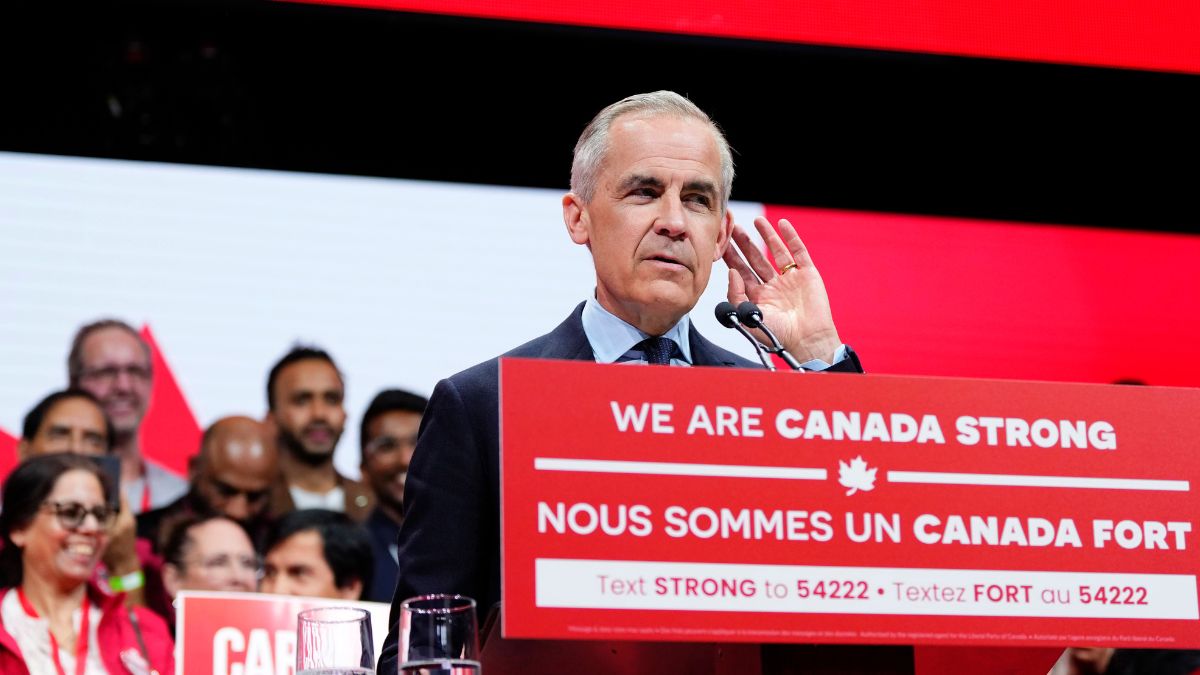)
)
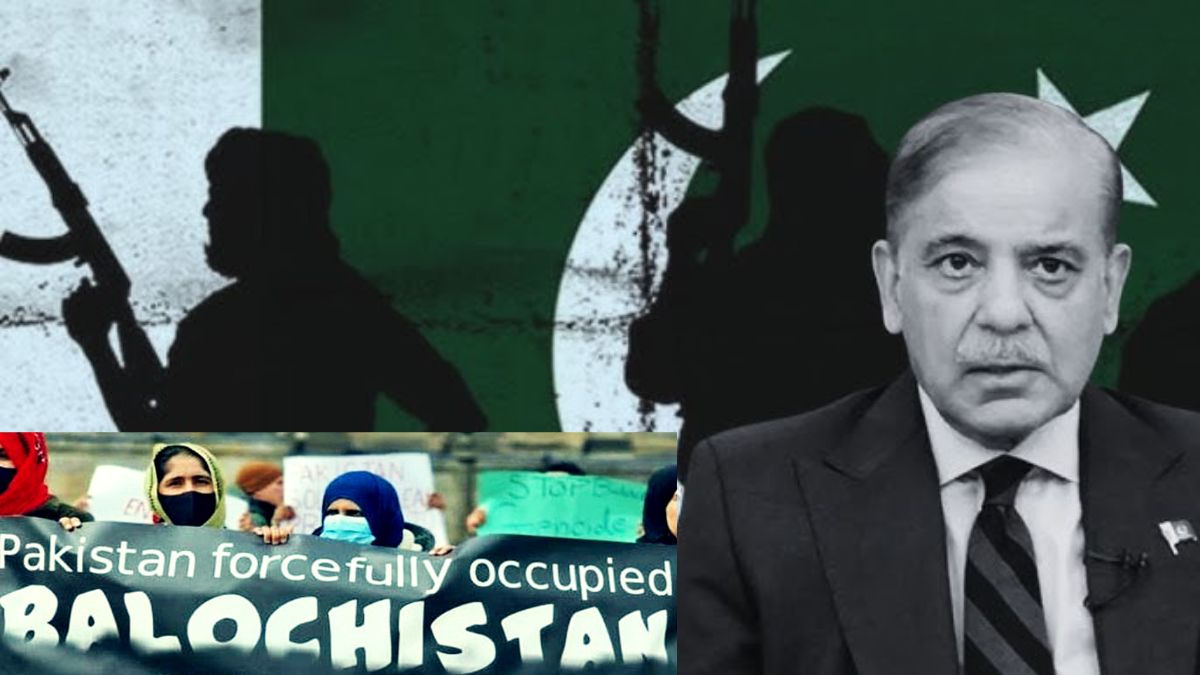)
)
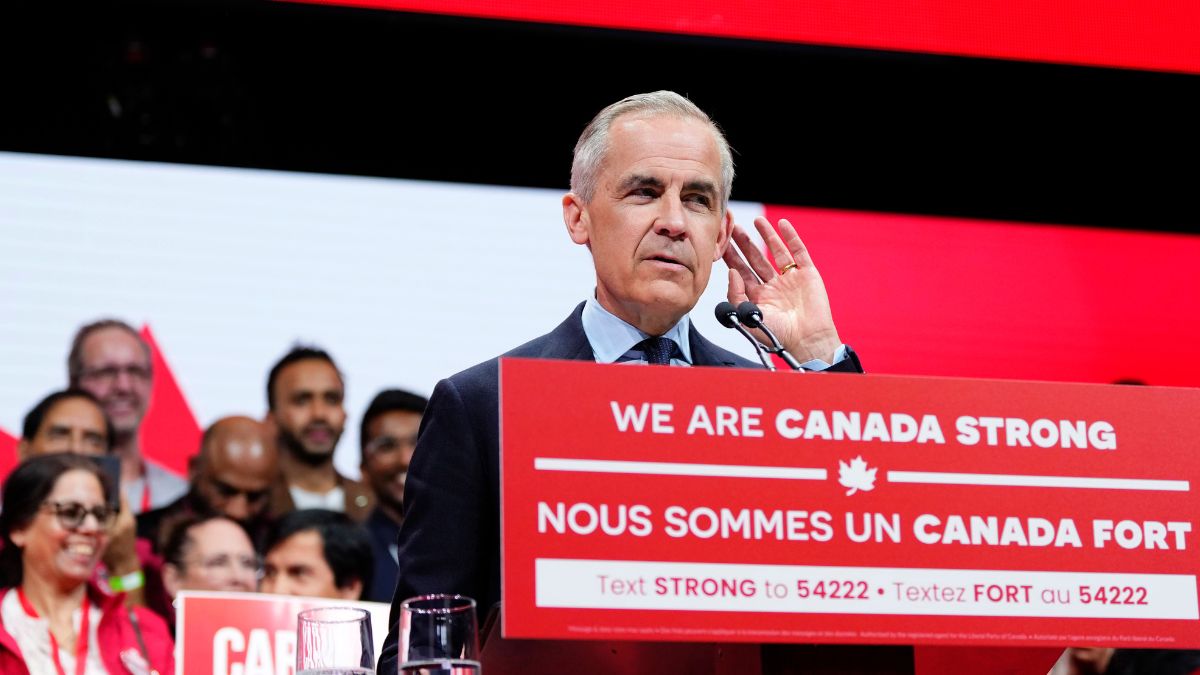)